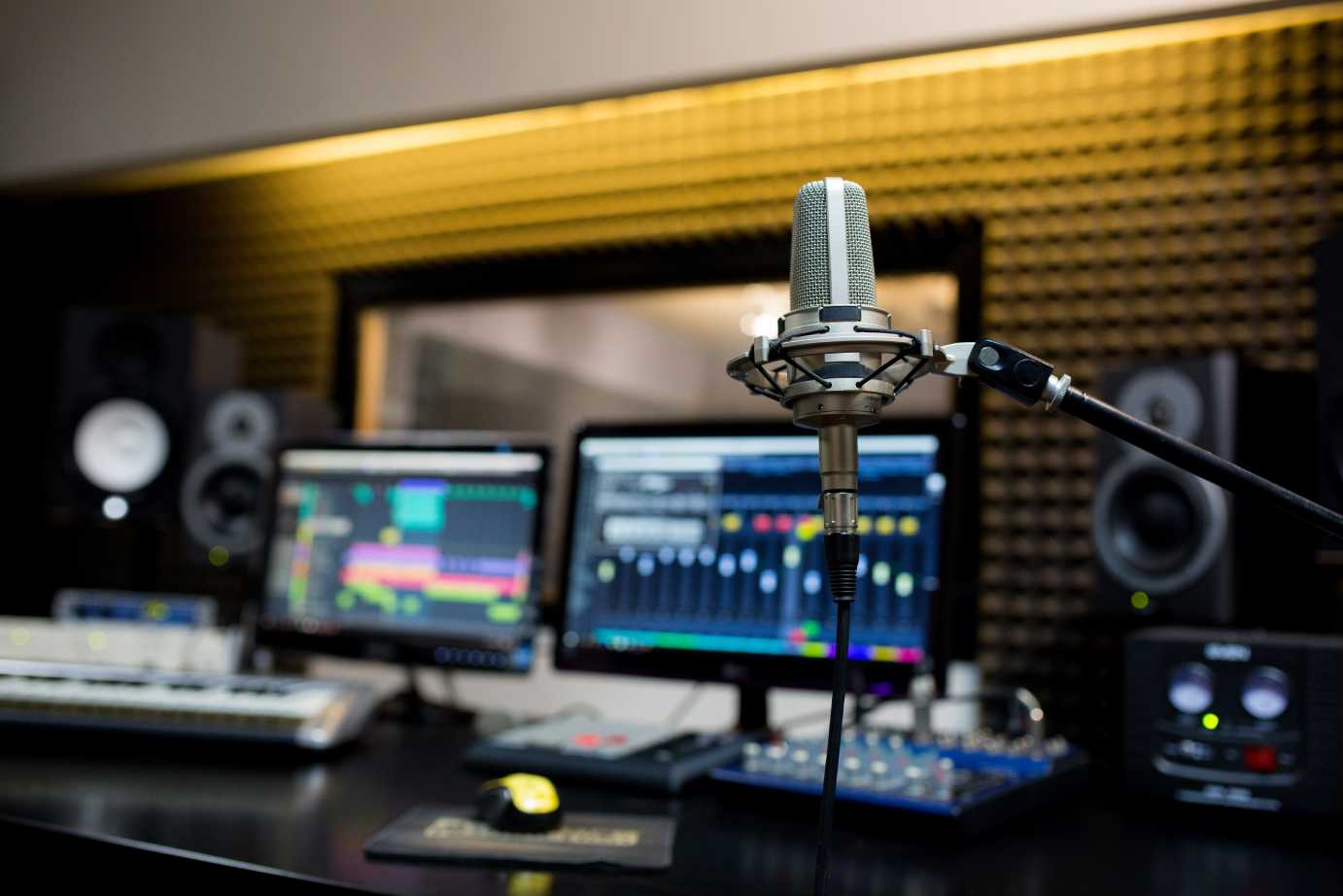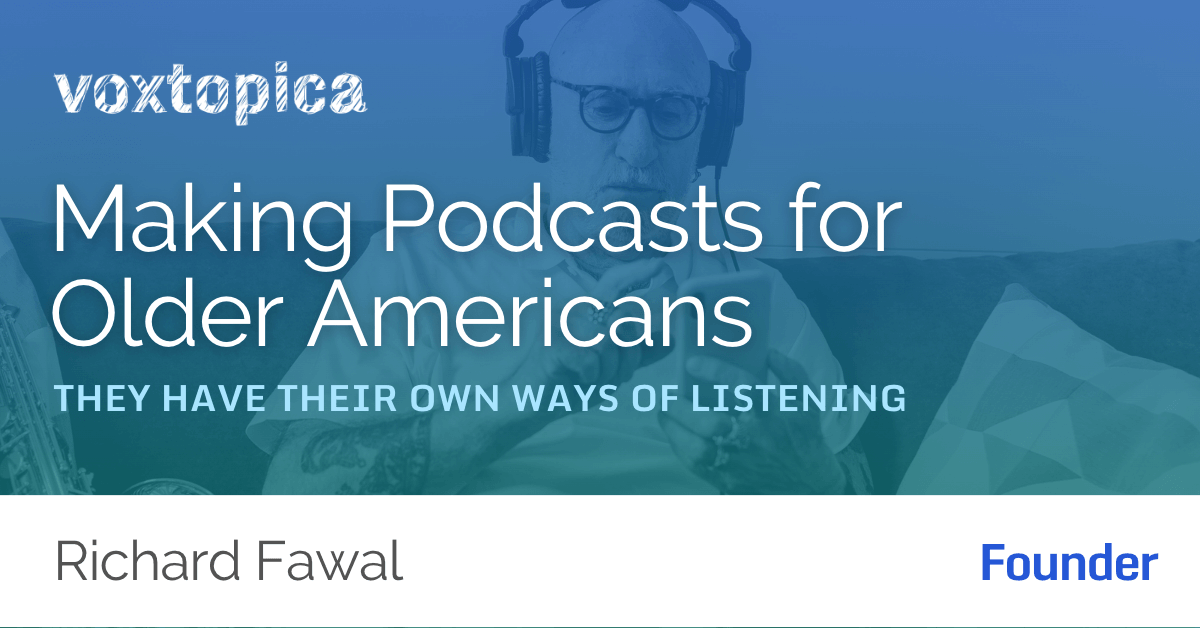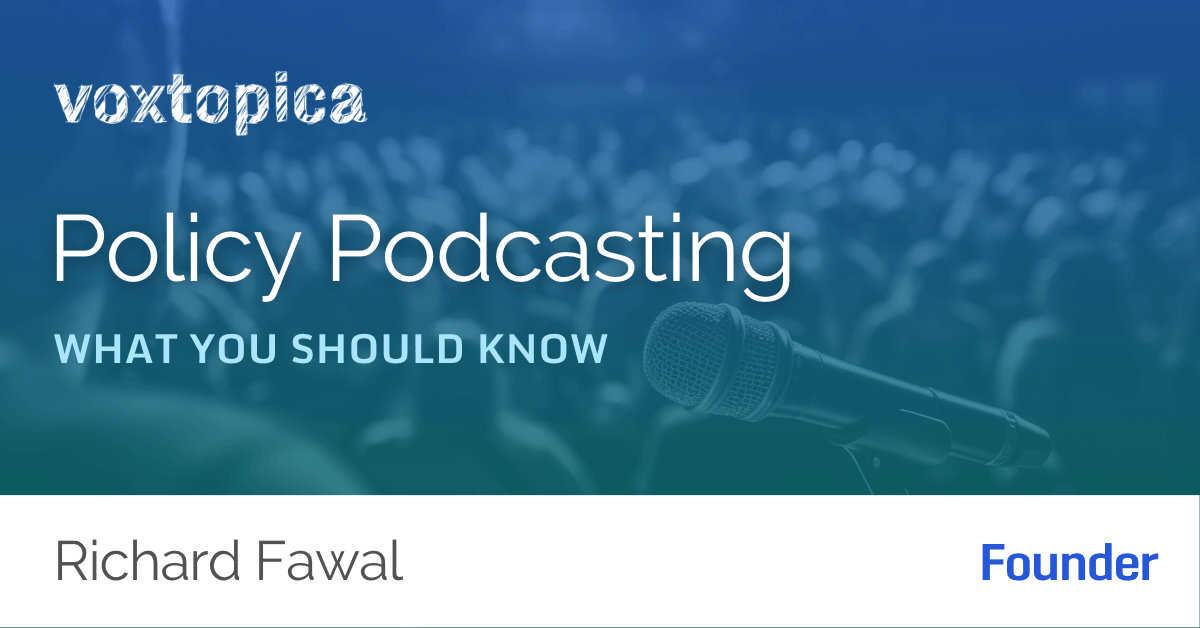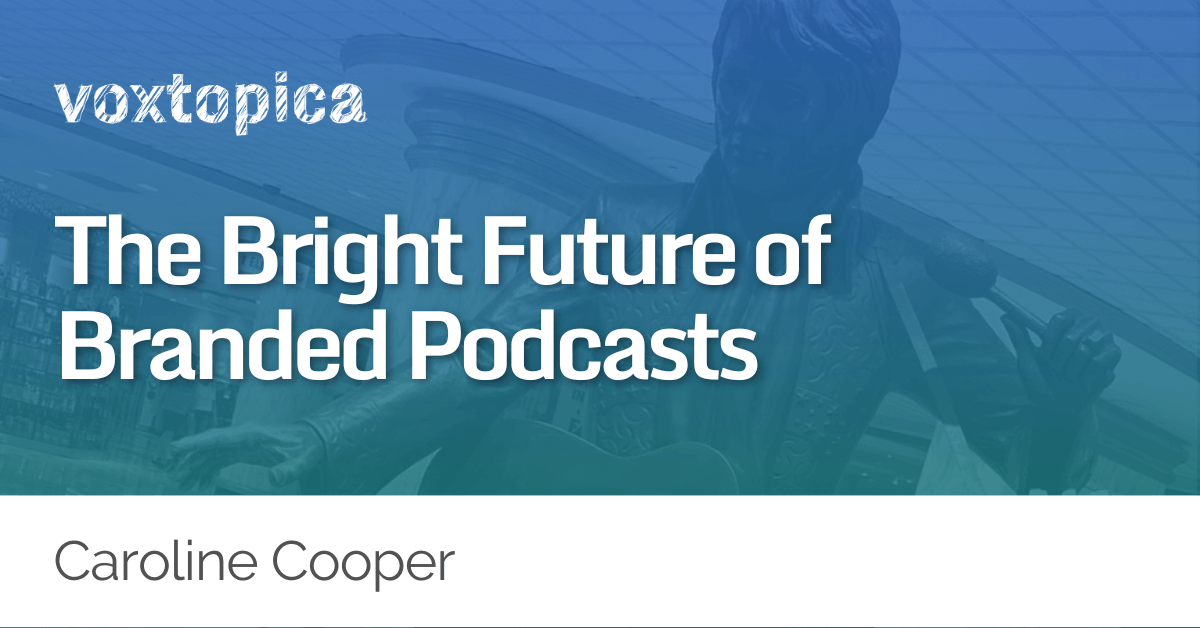
In the early 1970s, the International Hotel in Las Vegas was the home of a sensation: microphone-wielding, pelvis-thrusting Elvis Presley. Over eight years, the King of Rock & Roll played a record 837 sold-out shows there, entertaining more than 2 million fans.
At the Podcast Movement Evolution conference last month, held at the same hotel (now the Westgate Resort), it was clear that podcasting’s popularity extends beyond pop culture and true crime genres — commercial and nonprofit brands now eagerly and successfully embrace podcasting to connect with their own fan bases as well.
The Opportunity for Branded Podcasts in 2023
According to Edison’s 2023 Infinite Dial report, nearly one in three Americans 12 and older listened to a podcast in the last week. That’s an estimated 89 million people tuning in for an average of nine episodes. With audience potential and engagement like this, it’s clear that podcasts represent a huge opportunity for brands’ content marketing strategies.
Annalise Nielsen, senior manager of business development at Pacific Content, a Toronto-based company that creates audio stories for some of the world’s biggest companies, says that there’s a reason there hasn’t been a break-out hit since “Serial” nine years ago.
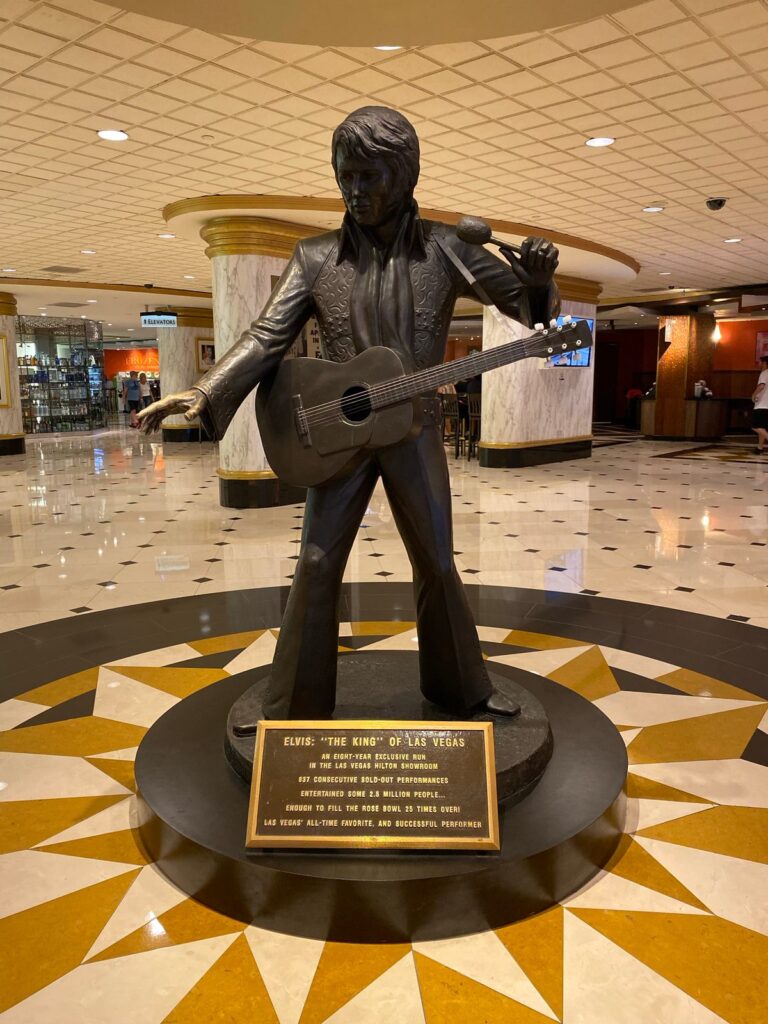
“People tend to gravitate to podcasts that are more targeted to their specific taste,” Nielsen says. “They’re very, very powerful for building community around niche interests.” That might be bad news for a media company looking to monetize content with ads, but it’s good news, she says, if you’re a brand.
“You’re more likely to be able to reach people who are interested in your specific product or your specific brand value,” says Nielsen. More and more brands use podcasts to reach specialized target audiences, she says, seeking “engagement with that specific audience instead of blanket brand awareness.”
Brands should go Light on the “Brand Touch”
Richard Fawal, founder and CEO of Voxtopica, a production and consulting agency that works with organizations like the National Institutes for Health, the National Academy of Sciences, and Howard University to create podcasts for niche audiences, says that brands must balance the value of the content with the value of the audience. “Podcasts are not audio webinars or white papers,” he says. “You have to make a show people like, then turn them into fans and even evangelists.”

His tips for building a great branded podcast? “Don’t be afraid to entertain, delight, and challenge your listeners,” Fawal says.
Dan Misener, a co-founder of Bumper, a marketing/strategy company for podcasts, concurs. “The enemy of a good podcast is not a bad podcast,” Misener says, “The enemy of a good podcast is a mediocre podcast. And there’s a gravitational force in brands pulling podcasts toward the mediocre.”
“Make it feel like a gift, something they will tell their friends about,” advises Nielsen of Pacific Content.
Proving ROI
At the final panel of the conference, Fatima Zaidi, Founder and CEO of Quill/CoHost spoke about the urgency of developing better data to demonstrate ROI. “The longevity of brands staying in this space long-term is contingent on the data we provide,” said Zaidi.
CoHost’s measurement capabilities go beyond downloads and even listening time. They offer information about where a podcast’s listeners work, creating opportunities for more direct communications and even sales.
While shrinking ad revenue and media layoffs – including the recent news from NPR – has cast a pall over the podcasting landscape, the branded podcast category is not slowing down.
As Zaidi told me, “Just like your business had a phone number in the 1980s, a website in the 1990s, and social in the 2000s, the next 5-10 years is the way of audio.”
Now that’s music to my ears.
